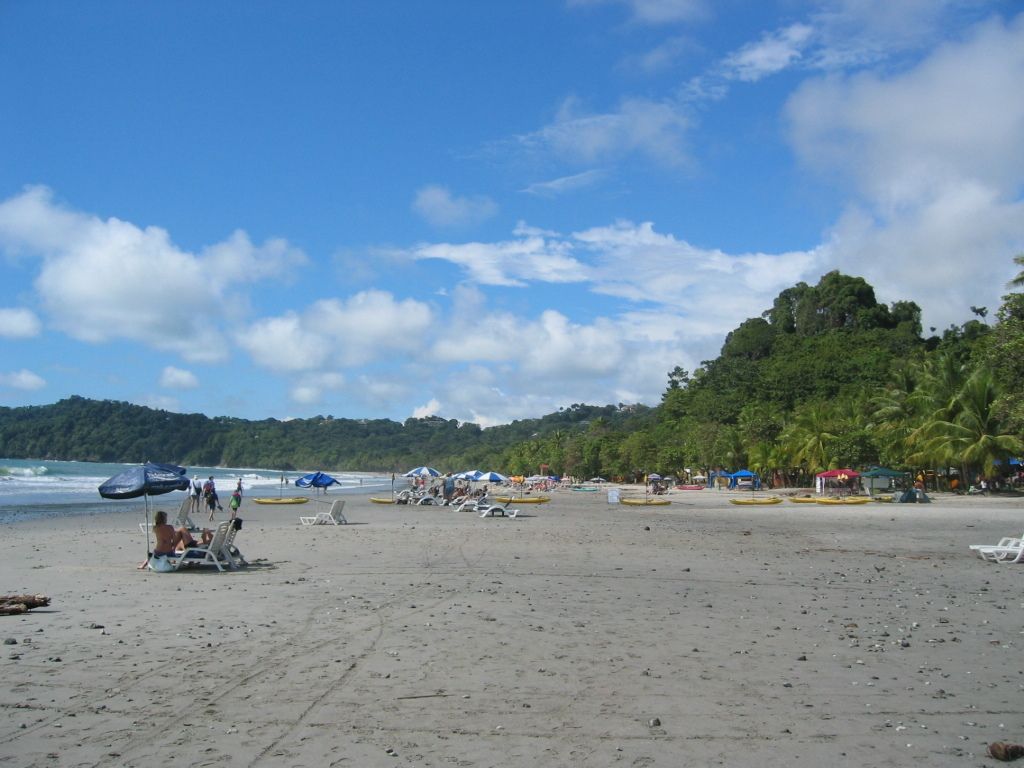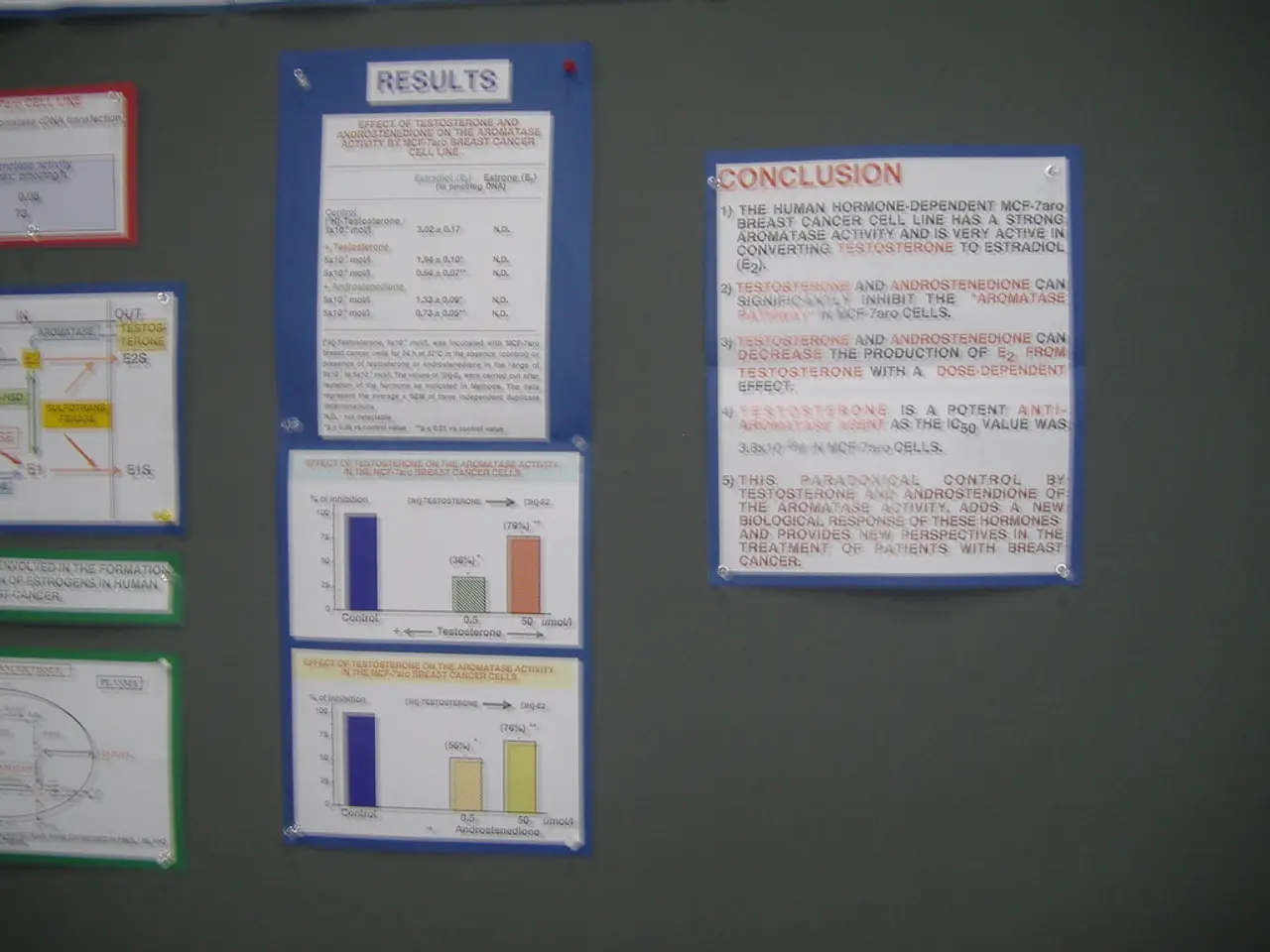Navigating Malaysia's Arsenal in Response to Trump's Tariff Tempest
Malaysia has witnessed noteworthy progress during the initial phase of the 90-day tariff suspension, instated by U.S. President Donald Trump. To further discussions on this matter, Malaysia's ministerial delegation, headed by Tengku Zafrul Aziz, met with U.S. officials on April 24.
While certain essential exports, like semiconductors and pharmaceutical products, have been exempted from the tariffs, most Malaysian exports still face a 10% duty. However, there lingers the possibility of an increased rate reaching 24% if a resolution is not reached. Although the economy appears to be steering clear of a significant downturn, Malaysia must prepare to mitigate potential fallouts.
On May 5, Malaysian Prime Minister Anwar Ibrahim convoked a special parliament session to address the tariffs, emphasizing negotiations with the Trump administration as a top priority. During his speech to the Dewan Rakyat, Anwar highlighted the U.S.'s primary contentions, including trade imbalance, U.S. technology security, Malaysian investment in the U.S., transshipment of U.S.-bound goods through Malaysia, and non-tariff barriers like halal certification, foreign ownership limits, and bumiputra equity requirements. While the specifics of the negotiations remain fluid, Malaysia is poised to tackle critical issues, possibly complemented by increased American investments, such as Boeing aircraft.
As the talks progress, it is essential for the government to foster public trust in these uncertain economic times. Anwar's speech underscored the role of the National Geoeconomic Command Centre in monitoring developments closely, as well as efforts to bolster exporters, particularly small and medium-sized enterprises (SMEs), through credit guarantees and development finance allocating RM1.5 billion ($349 million). By assuring the highest-level coordination and committing new resources to support affected sectors, the Anwar administration hopes to alleviate concerns, yet providing more details would bolster confidence further.
In addition to strengthening domestic resilience, Anwar has pledged to accelerate regional cooperation and engage with new markets, such as the Asean Power Grid, Johor-Singapore Special Economic Zone, Malaysia-Indonesia border infrastructure in Borneo, and collaborations with the European Union, South Korea, Japan, and the Gulf Cooperation Council.
Having utilized exports to weather past economic shocks, Malaysia possesses valuable experiences from the global financial crisis and the Covid-19 pandemic, having achieved trade surpluses of RM172 billion in 2008 and RM178 billion in 2021 respectively.
However, unlike previous crises, Malaysia may confront more difficulties exporting its way out of the current impediments, given the U.S.'s efforts to fortify its borders, causing nations to seek alternative markets. Regardless, trade and investment agreements should be pursued with resolve, focusing on mutual benefits rather than trade surpluses.
- The economy of Malaysia may face potential fallouts due to the ongoing tariff dispute with the U.S., prompting the need for the government to mitigate these effects.
- The ministerial delegation from Malaysia, headed by Tengku Zafrul Aziz, met with U.S. officials on April 24 to discuss the tariffs on Malaysian exports, particularly the possibility of an increased tariff from 10% to 24%.
- During a special parliament session on May 5, Malaysian Prime Minister Anwar Ibrahim emphasized negotiations with the Trump administration as a top priority, addressing the U.S.'s primary contentions, including trade imbalance, U.S. technology security, and non-tariff barriers.
- Anwar's administration is seeking to alleviate concerns by ensuring high-level coordination, committing new resources, and supporting affected sectors, such as small and medium-sized enterprises (SMEs). In addition, they plan to engage with new markets and regional cooperation, learning from past experiences during the global financial crisis and the Covid-19 pandemic.








